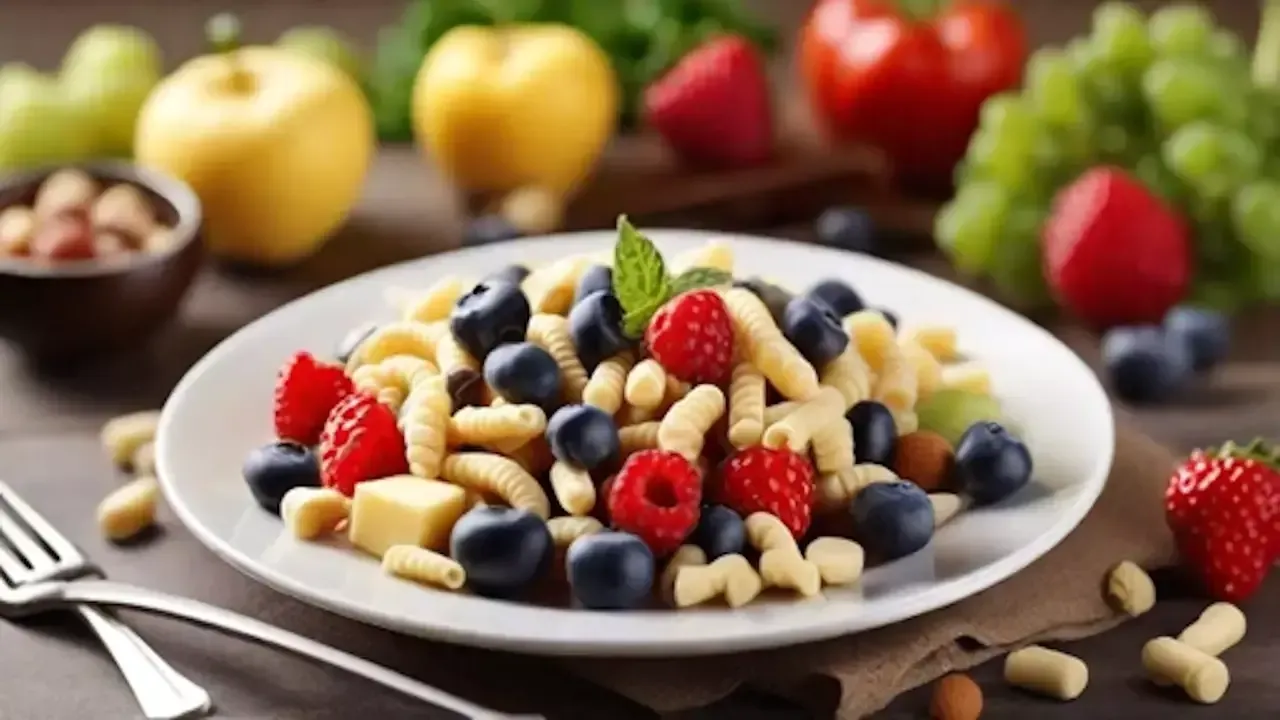Mechanical Soft Diet
When it comes to maintaining a healthy lifestyle, dietary choices play a pivotal role. One such dietary option that has gained prominence is the mechanical soft diet. In this article, we will delve into the world of mechanical soft diets, exploring what they are, their benefits, and answering common questions. Whether you're considering this diet for yourself or a loved one, read on to learn how it can positively impact your life.
 |
| Mechanical Soft Diet |
Table of Contents
- What Is a Mechanical Soft Diet?
- Benefits of a Mechanical Soft Diet
- Foods to Include
- Foods to Avoid
- Tips for Adopting a Mechanical Soft Diet
- Questions and Answers
- Conclusion
What Is a Mechanical Soft Diet?
A mechanical soft diet is a modified diet that is designed to be easy to chew and swallow. It is often recommended for individuals who have difficulty with regular solid foods due to dental issues, swallowing problems, or other medical conditions. This diet involves altering the texture of foods to make them more manageable while still providing essential nutrients.
The mechanical soft diet is particularly useful for people recovering from oral surgeries, those with dental braces, or seniors who may have age-related dental problems. By softening the texture of foods, this diet minimizes the risk of choking and discomfort during eating.
Benefits of a Mechanical Soft Diet
Embracing a mechanical soft diet comes with a multitude of benefits:
1. Enhanced Nutrient Intake
With careful planning, a mechanical soft diet can be rich in nutrients. Blending fruits and vegetables, for example, allows you to retain essential vitamins and minerals while making them easier to consume.
2. Easier Digestion
The softer texture of foods in this diet eases the burden on your digestive system. This can be especially beneficial for individuals with gastrointestinal issues or those recovering from surgery.
3. Dental Health Improvement
Mechanical soft diets reduce the risk of dental damage that can occur when consuming hard or crunchy foods. This can help maintain dental health and prevent the need for extensive dental work.
4. Swallowing Ease
Individuals with difficulty swallowing, also known as dysphagia, can find relief in a mechanical soft diet. Softened foods are less likely to cause choking, making mealtimes safer and more enjoyable.
5. Versatility
A mechanical soft diet is versatile and can be tailored to meet individual dietary preferences and requirements. Whether you're a vegetarian, vegan, or have specific allergies, this diet can be adapted to suit your needs.
Foods to Include
When following a mechanical soft diet, it's important to choose foods that are easy to chew and swallow. Here are some foods to include:
- Soft fruits like bananas, berries, and cooked apples
- Mashed potatoes
- Yogurt and pudding
- Scrambled eggs
- Cooked vegetables, such as carrots and peas
- Tender meats and fish
- Custard and ice cream (in moderation)
These foods can be prepared in various ways to suit your taste while maintaining the diet's principles.
Foods to Avoid
While a mechanical soft diet offers flexibility, there are some foods you should avoid:
- Hard or crunchy foods like nuts and chips
- Raw vegetables and fruits with tough skins
- Steak and other tough meats
- Popcorn
- Hard candies
Steering clear of these items will help you prevent discomfort and potential dental issues.
Tips for Adopting a Mechanical Soft Diet
If you're considering transitioning to a mechanical soft diet, here are some helpful tips:
- Consult a healthcare professional or dietitian for personalized guidance.
- Experiment with various cooking methods to make your meals more enjoyable.
- Consider using food processors or blenders to modify textures.
- Stay hydrated by drinking plenty of fluids between meals.
- Read food labels to identify hidden hard or crunchy components.
Questions and Answers
Q1: Can a mechanical soft diet lead to nutrient deficiencies?
A mechanical soft diet can be nutritionally balanced if planned carefully. However, it's essential to monitor your nutrient intake and consider supplements if necessary. Consult a healthcare professional for personalized advice.
Q2: Is a mechanical soft diet suitable for children?
Yes, a mechanical soft diet can be adapted for children, especially if they have dental or swallowing issues. Consult a pediatrician or dietitian to create a suitable meal plan for your child.
Q3: Are there any potential drawbacks to a mechanical soft diet?
While a mechanical soft diet offers many benefits, it may limit food variety and texture. Some individuals may find it challenging to adjust to the modified textures of their favorite foods.
Conclusion
In conclusion, a mechanical soft diet is a valuable dietary option for individuals with dental problems, swallowing difficulties, or specific medical conditions. It offers a range of benefits, including enhanced nutrient intake, improved dental health, and easier digestion. By following the recommended guidelines and consulting with healthcare professionals, individuals can enjoy the advantages of this diet while maintaining their overall well-being.
Remember that the key to success with a mechanical soft diet is proper planning and a willingness to explore new culinary techniques. With the right approach, you can continue to savor delicious and nutritious meals while prioritizing your oral and overall health.


